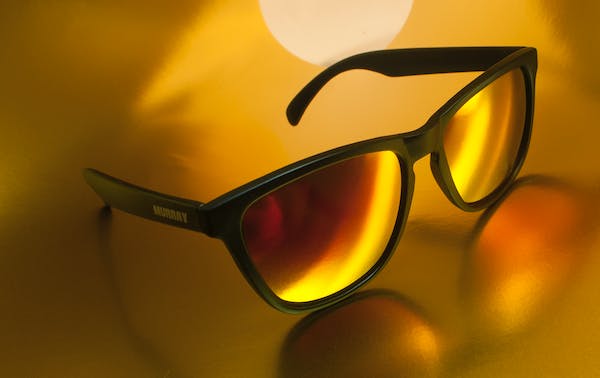![]()
Although the sun may be rare to see in the winter due to the gloomy weather, sunglasses should still be worn. Mens glasses are just as helpful in blocking the wind and snow as they are for blocking the sun and glare when it’s hot outside. Keep your sunglasses handy (or buy a winter-specific pair) to shield your eyes from the snow and sleet. Here are five cold-weather scenarios in which sunglasses might come in handy:
Glasses Shield Your Eyes From Damaging Sunlight, Even In The Colder Months
The subject of whether or not to use sunglasses throughout the winter is a common one. Yes, in a nutshell. Despite the health hazards and warnings, just 31% of Americans use sunglasses outdoors, according to the Vision Impact Institute study. The American Optometric Association advises sunglasses that block 75% to 90% of visible light and 99% to 100% of UVA and UVB radiation for maximum sun protection for your eyes.
Sunglasses Are A Must Have For Any Wintertime Activity
No longer are sunglasses reserved for sunny days at the beach or on the slopes. Everyone has to take extra care of their eyes during the winter months. Adults should always use sunglasses while driving during the day. Eye protection is essential when driving since the windshield blocks so little light and may produce glare. Irrespective of your age, it’s essential to protect your eyes while participating in outdoor sports like skiing, jogging, and hiking.
The Protection Provided By High-Quality Sunglasses May Prevent Some Eye Illnesses
High-quality sunglasses serve many purposes than only shielding the wearer’s eyes. In reality, several sun-related eye illnesses, such as cataracts, macular degeneration, pinguecula, and pterygia, may be avoided by regularly using a quality pair of sunglasses. According to the World Health Organization, cataracts are the most significant cause of blindness worldwide, and many instances are thought to be exacerbated by UVB radiation.
Unprotected sun exposure may lead to macular degeneration, pinguecula, pterygia, and other conditions that make the whites of the eyes seem yellow and develop bumps. Always protect your eyes from the sun by carrying a pair of sunglasses, regardless of the forecast.
During The Colder Months, Ultraviolet Radiation Is More Powerful
Should one still put on sunglasses on cloudy, cold winter days if their purpose is to protect one’s eyes from the sun? Yes. There are situations in which sunglasses are even more crucial to have on hand when it’s chilly outside. Although the sun is at a lower altitude during the winter, its UV rays are still quite strong. There is a possibility of doubling exposure to UV radiation during the winter months. We are exposed to as much ultraviolet radiation when sunlight reflects off wet and frozen surfaces. Protecting your eyes from the brightness is important, so carry your polarised sunglasses even if it’s cloudy or snowing outside.
Snow Blindness May Be Avoided With The Right Eyewear, Such As Sunglasses Or Goggles
When exposed to reflecting surfaces at a high altitude, the danger of having burnt eyes is increased by a factor of two. This short-term visual impairment is also known as “snow blindness” or photokeratitis. November through March are prime times to wear sunglasses to protect your eyes from the winter’s brightness and avoid snow blindness. So, if you’re going to hit the slopes, you need to be sure you have the proper eyewear for skiing and snowboarding.
Conclusion
Finding the appropriate pair of mens glasses for the winter is essential, regardless of whether you ride a snowmobile often or not. Discuss your winter activities with your doctor and schedule an eye test. Your optometrist can help you discover the best winter eyewear for your needs so that your eyes stay healthy and comfortable.
